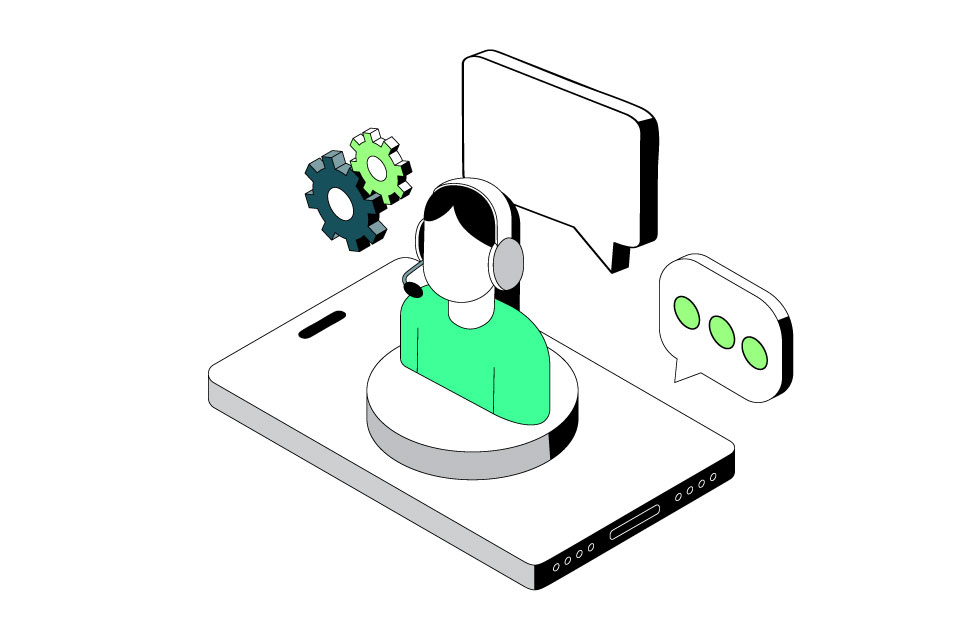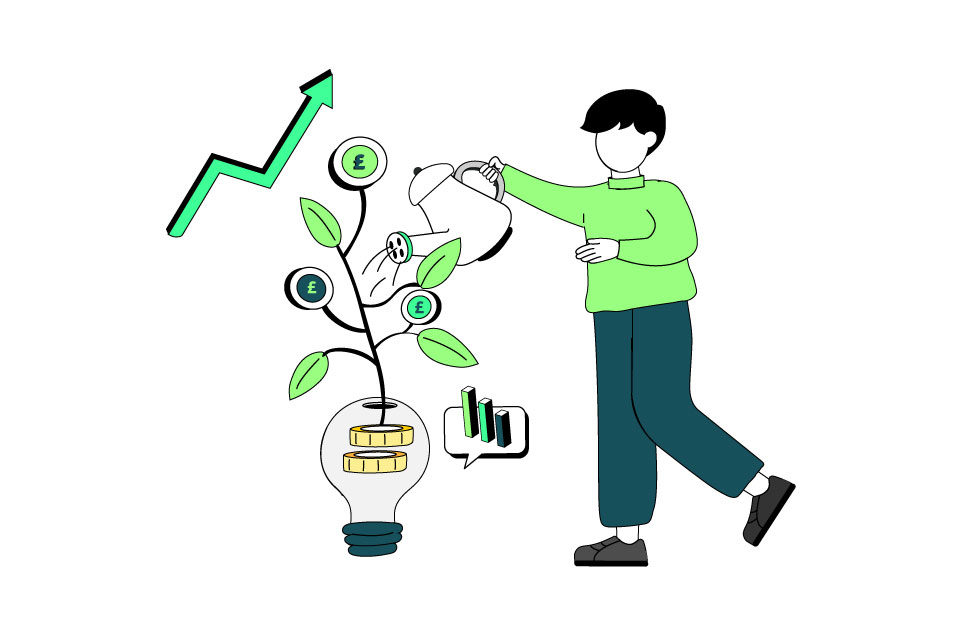Positive economic news has been hard to come by of late, so we should at least be thankful for the latest forecasts, which suggest the UK is no longer forecast to fall into a recession. With energy prices lowering and supply chain issues easing, analysts at KPMG predict GDP to grow, albeit marginally, this year. Senior economists don’t deny that this will be a tough year for businesses and consumers, but the looming fear of economic decline does appear to have abated, due in large part to the service sector.
The service sector has recovered significantly in the quarter, with output reaching a 10-month high in May. The optimism index is on the rise, and businesses that rely on consumer spending are no longer quite so fearful of the impact of zipped wallets associated with recession.
We all know the power of predictions and statistics and the prevailing media narrative can do a great deal to build or destroy confidence. In the last few years, businesses have faced a series of once-in-a-lifetime challenges. After starting to pave a way through Brexit, recovering from the damage of a global pandemic, and navigating trade obstructions due to the outbreak of war in Europe, it’s no wonder that many CEOs and senior executives have found themselves seemly stuck in ‘Crisis Mode’. Agile adaptation has been necessary for survival, and has fared many companies well, as they learnt how to adapt quickly and keep themselves afloat.
Although there is no doubt that the next few years will remain challenging, we do need to break out of this crisis model and not only look more long term, but build on the lessons learnt in order to grow. The world is a very different place to three years ago, and customers and employees have also changed. Bust so has the whole area of customer experience and smart companies have recognised this. At the Institute of Customer Service, we have long described the UK as a ‘Service Nation’. The importance service has to our economy and society is fundamental. As business leaders across all industry sectors begin to look at long-term planning to create growth and revenue, their customer experience must be an intrinsic part of this.
We have shown that organisations with higher customer satisfaction than average are more profitable: customers are more loyal, help improve productivity and are willing to spend more if they are satisfied with the service they receive. Moreover, properly resourced and supported customer service means fewer customer complaints (complaints that consume, on average, 20% of staff time across all sectors).
It is also clear that consumer protection is a growing governmental concern. The Prime Minister’s recent announcement of a review into unfair “drip pricing” shows that practices seen to mislead customers, like hidden charges, will no longer be tolerated. Politicians see votes in supporting consumers, and it should be the same message for businesses, or customers will vote with their feet and wallets. Businesses that prioritise best-practice in customer service will have the front foot.
If Boards can start to shift out of ‘Crisis Mode’, this will enable a focus on building long-term value. Prioritising customer service and making it a key pillar of a business can help secure an organisation’s future. But we have to shift away from short-term issues management and look again at how a change in leadership and culture can benefit us all long into the future.



